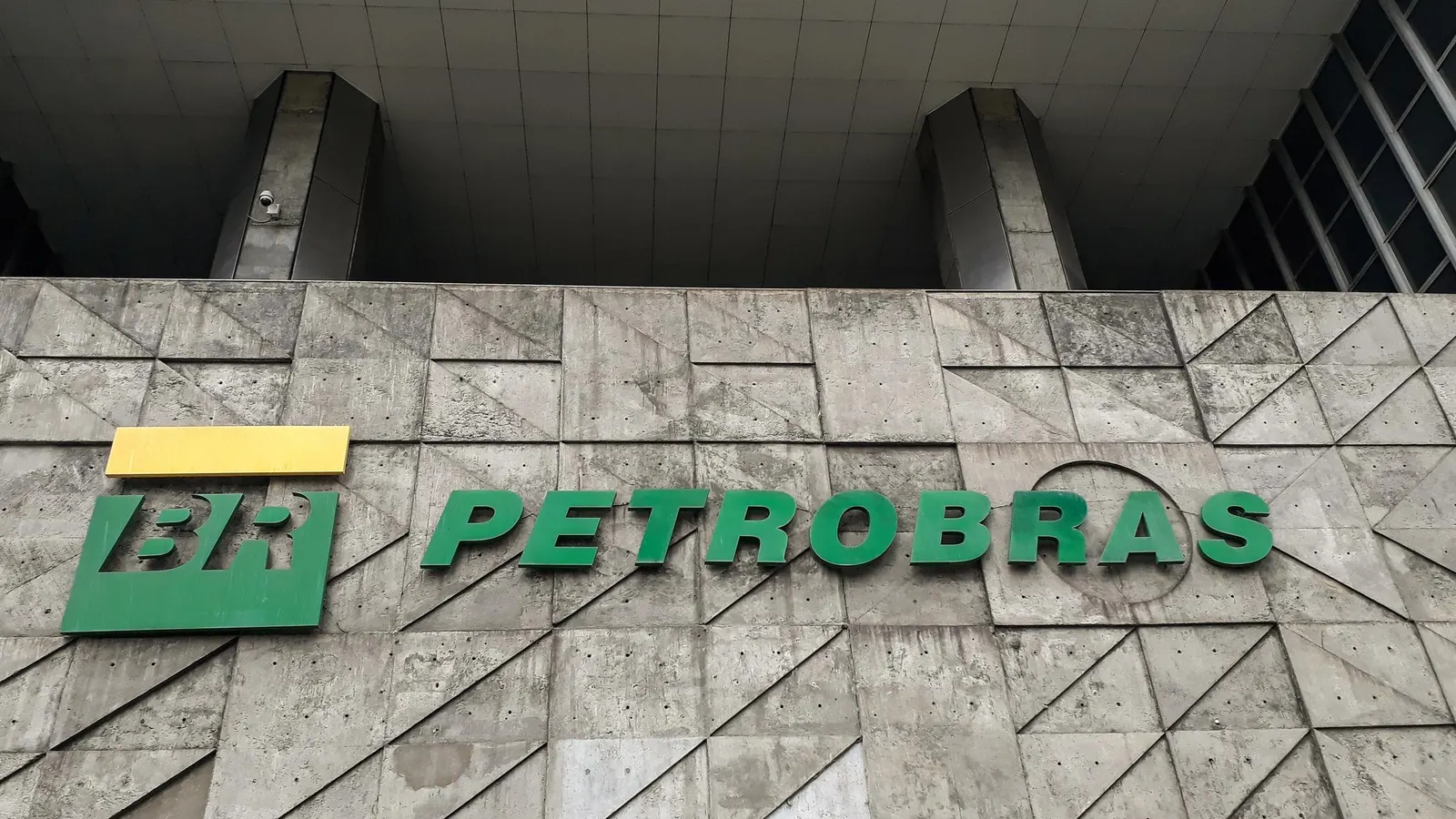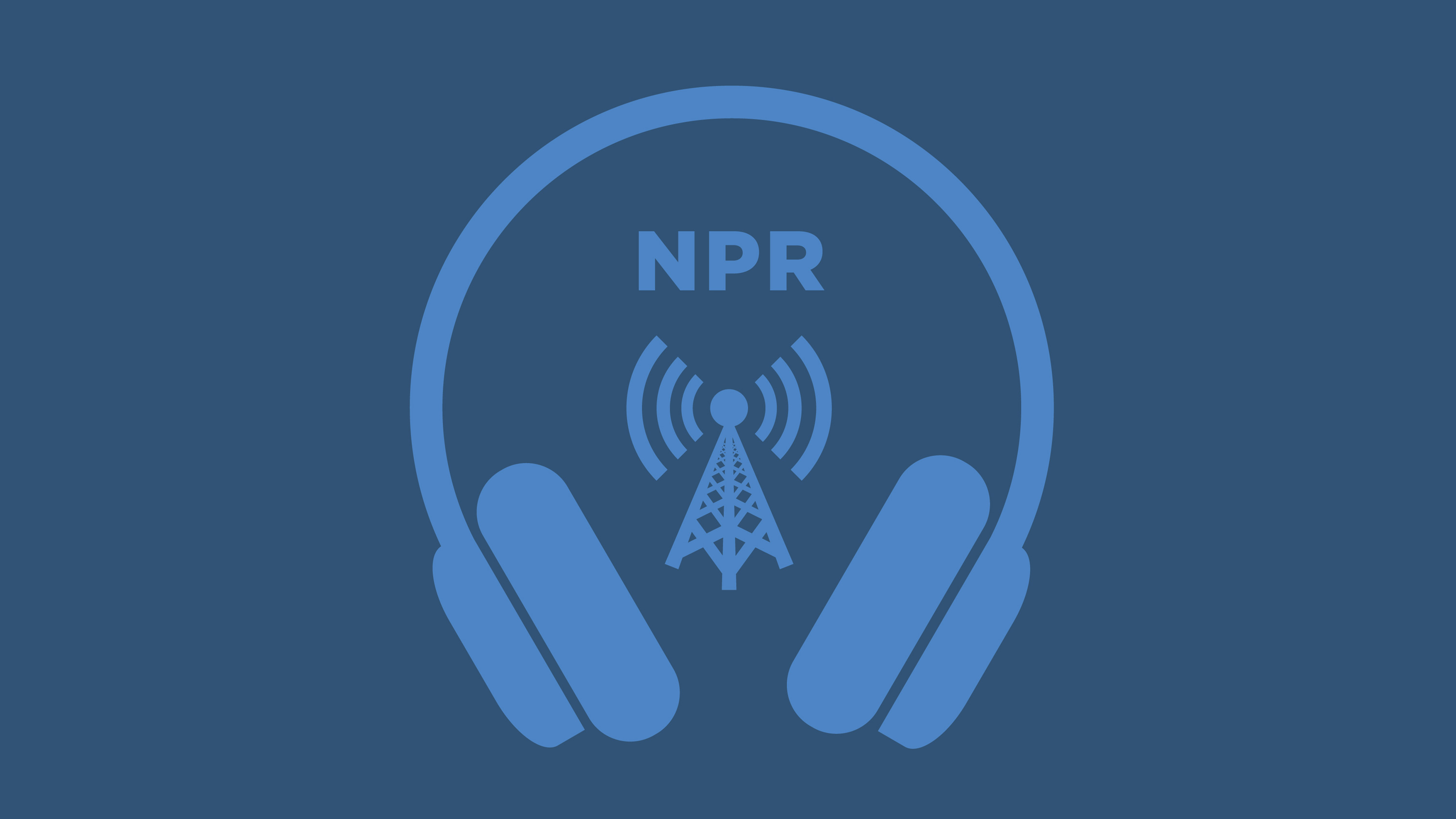By Contributor,HEC Paris Insights
Copyright forbes

In today’s global environment, actors in the business and nonprofit space face more scrutiny, more demands for accountability, and fewer second chances.
Shutterstock
When Brazil’s Car Wash Scandal Echoes Back To You: What Leaders Worldwide Must Learn Now
In July 2025, Singapore’s Seatrium company finally settled its exposure in Brazil’s Operation Car Wash scandal, to the tune of nearly US$188 million in fines to Brazilian and Singaporean authorities.
That resolution is more than a footnote in compliance desks’ reports. It is a signal that no corner of the world is immune to the aftershocks of trust breakdowns. When scandals fracture social legitimacy in one market, global standards shift and expectations tilt dramatically for how companies and nonprofits collaborate.
We have studied the ripple effect of corruption in Brazil, tracking how scandals reshape cross-sector partnerships between nonprofits and multinationals. The lessons are not just local. They are urgent for any leader whose organization touches public trust, whether in emerging markets or in Western capitals. Should a firm not headquartered in Brazil have activities there, legitimacy risks, regulatory scrutiny, and reputational contagion persist.
From Brazil’s Car Wash to Global Leadership Risk
The original Car Wash (Operação Lava Jato) scandal uncovered systematic corruption in Petrobras and among high-level politicians and contractors. Over time, as the investigations widened, the locus of damage spread well beyond Brazil’s border: global investors, multinational supply chains, and brand reputations all reeled. The links between the worlds of business and politics also surfaced.
For leaders, these developments offer more than drama. They force a deeper reckoning: how we build, sustain, and recalibrate partnerships when legitimacy is on the line.
What Our Research On Brazil Reveals…And Why It Matters to You
MORE FOR YOU
Over the last decade, we have mapped how publicly listed Brazilian firms formed partnerships with nearly 820,000 registered nonprofits (across causes from education to social services). We used quantitative methods and interviews to see how scandals, or the threat of them, reshuffle the terrain of collaboration.
Here’s what we found:
After scandal exposure, the number of partnerships increased – but not all firms benefitted equally. Firms that were implicated in the scandal had fewer opportunities to partner with NGOs – as did firms that had not been involved, but merely shared similarities with the wrongdoers, like having political board members or high levels of state ownership!
Nonprofits defended their autonomy. Many refused to partner with firms perceived as “rehabilitating via CSR” to protect their own legitimacy.
Partnerships with political nonprofits (think tanks, trade associations) shrank more sharply. The reputational spillover risk was too high.
These dynamics are not unique to Brazil. Think of climate NGOs distancing from fossil-fuel donors, or civil society hedging collaboration with Big Tech. The same force is at work: a crisis in one place cements new norms everywhere.
Four Leadership Rules For The Post-Scandal Age
If you lead a corporation, NGO, or hybrid institution, here’s how this evolving ecosystem demands your attention, in four easy lessons:
Treat legitimacy as your operating terrain, not a marketing layer. Reputation is no longer a side effect; it’s structural. Power sees, legitimacy questions. Your partners will vet you, scrutinizing your rigor, transparency, and concrete alignment. All these must precede branding.
Design partnerships as adaptive governance systems. Let partners have seats at the table. Build escalation channels, joint metrics, and shared decision mechanisms. Avoid controlling the narrative on your own.
Know when to walk or say “No.” Some scandals create zones of taboo. If aligning with a partner undermines your credibility, you may need to pause or sever ties, rather than fight for every inch.
Use crises as inflection points, not cover-ups. Legacy CSR or philanthropic gestures are no longer enough. Leaders must evolve partnership models in times of crisis – not bury them under PR.
A Global Call: The Era Of Permission Is Over
In today’s global environment, actors in the business and nonprofit space face more scrutiny, more demands for accountability, and fewer second chances. As the Seatrium case illustrates, a scandal in Brazil is no longer “Brazil’s problem”. It’s become a signal to international investors, regulators, and movements. Global civil society monitors your partnerships – NGOs in Europe or North America will see your Brazil ties, and judge. Meanwhile, multinationals with operations in multiple jurisdictions must act as legitimacy brokers and not just profit maximizers.
As we observed in Brazil, partnerships can be formed in reputational storms, but those that survive are built on mutual respect and institutional resilience. The challenge is to make that intentional and not just reactive.
We invite you, as a leader, to recalibrate: map your legitimacy footprint, design co-governance systems, prepare for crisis shocks, and be prepared to walk away. Because in a world where public trust is volatile, your partnerships may become the most visible signal of who you really are.
Aline Gatignon
Marina Gata
Daniel Brown
Editorial StandardsReprints & Permissions



